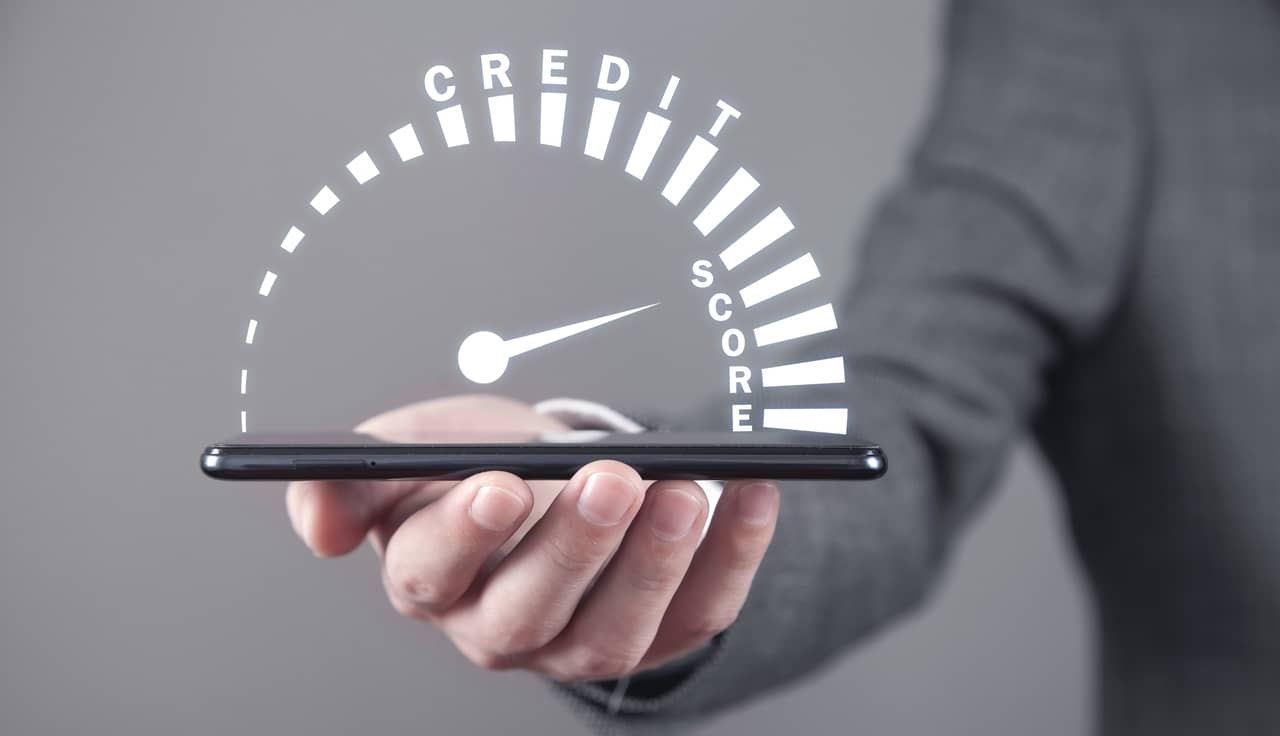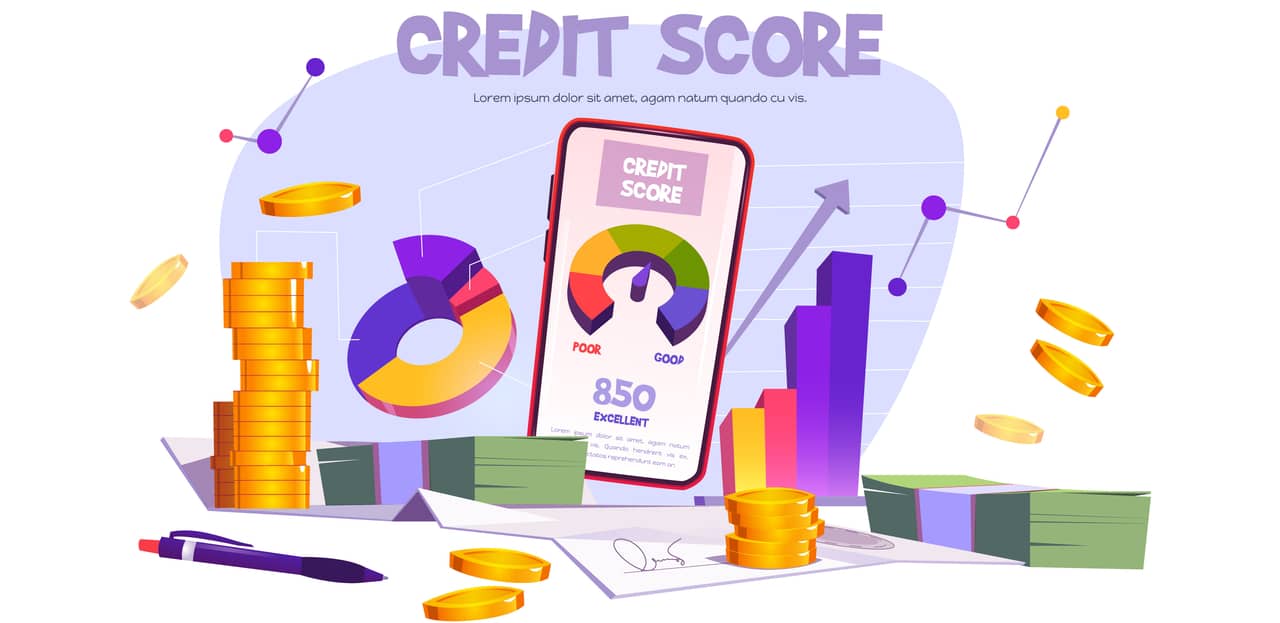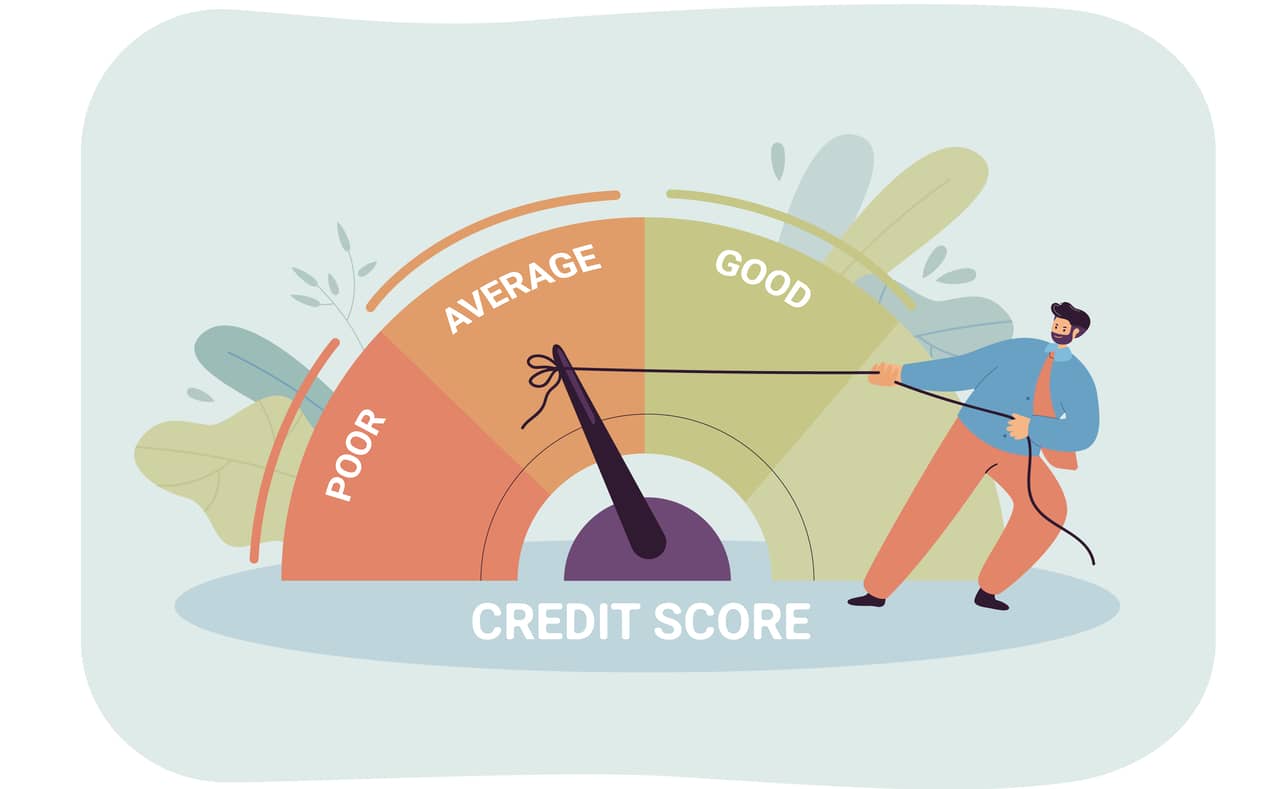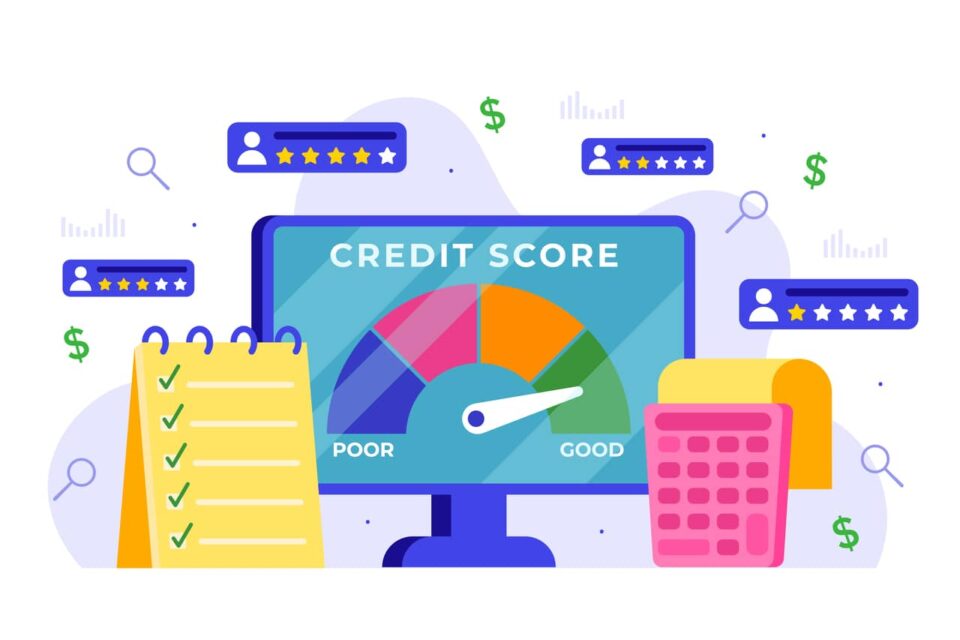Existing Offers!!!
Attractive Discounts!!!
Free Film Tickets.
Do you also find these offer good but do you get any of the privileges when you purchase something? How to get these offers?
Is it worth your time?
We all have heard about Credit Card Payments and it’s benefits and drawbacks but have you wondered how does a bank hand you one credit card? It does it with Credit Score or CIBIL SCORE.
What is a CIBIL Score?
CIBIL stands for Credit Information Bureau (India) Limited. It helps in maintaining a record of one’s credit history.
It helps the bank to predict whether you will be able to repay the loan in future or there will be a default and make losses to the bank.
Furthermore, it is decided by the rating given by CIBIL to your credit history.

Rating is between 300-900
At 300, the Probability of defaulting and not paying your EMIs is the highest.
A score of 900 will help you to get a loan easily, as you have the lowest probability of default.
Practically, there are two types of loans one takes from a bank.
A Secured Loan is where security gets involved while taking a loan from a bank.
Example:- Car Loan, House Loan etc.
Generally, A score lower than 650 is difficult for a bank to provide a loan against the security, or a high rate of interest gets levied against the loan.
An Unsecured loan is less complex, and it’s not backed by any security, it takes your financial discipline of making timely payments into consideration.
Example:- Education Loan, Credit Card loans etc
A score above 750 needs to be maintained by the user to take this kind of loan.
What affects your CIBIL Score?
There are certain factors that can influence your credit score, and it’s significant to know those factors to determine your position in the financial management of loans and the credit score.

- If you are paying your EMIs on a timely basis, and you don’t make defaults often, your score gets influenced positively. Repayment history is the main element of improving one’s score.
- Too many loans can be difficult to repay and track the expenses a person makes, and it gives a picture of mismanagement of your finances to the bank and your score can go low within no time.
- When you take a Co -loan for saying Education loan and if your parents default in the payments, your score will also be impacted.
Also Read: GST Rates 2021: full list of the revised rates
Importance of maintaining a CIBIL Score
The main reason one should maintain a score is for the future. Crisis doesn’t knock on the door and enter our lives, and we can run out of emergency funds.

We can run out of funds at the important events of life and if at that time we don’t have a good CIBIL score we can go into the major trap of high rate interest.
It is impossible to get out of the hardship of debt trap.
Convenience
It’s very convenient to have a credit card and make transactions easily.
One doesn’t need to always carry cash and a grace period of at least 30 days is provided, which can also be used for investments. It also provides numerous offers and discounts to users.
Loans
Approval of loans can take a lot of your time, but the excellent Credit Score will fasten the process of the bank approving the loans.
Creditworthiness
A good credit score says that you have better creditworthiness.
Promising creditworthiness makes you a valuable person for banks and other financial institutions.
You will have extra benefits and an edge over other customers and a normal or low-interest rate will be charged on the loans, whereas poor CIBIL scores will have a burden of a higher rate of interest on the loans.
How can you improve the score?

- Paying the bills on time.
- Avail an automatic deduction facility from the bank, which will lower your chance to default and ruin the score.
- Pay the additional charge or default charge as per the term and conditions to save your score from getting poor.
- Don’t create new debts unless you have made payments on the existing loans.
- Improve your credit limit by not making the full usage of the limit given to your card.
- Create and financial discipline and track your control of overspending, do not fall into unnecessary credit cards expenses.
- Pay through third-party apps for extra benefits and easy track of all the records of loans and cards. Apps also provide rewards that can act as extra income.
- Manage or Co loan with someone with an excellent score that will also improve your score.
- Check your Credit Score at least once a year.
Conclusion:-
Do you have control over overspending and a firm financial discipline?
If yes, then all the advantages can make your spending worthy but if you fall into the category of being less conscious over your expenses the trap of repayments will make your financial journey a nightmare.
A good Credit Score will also help in future crisis management and reward you with lower interest rates and extra rewards.
Further Reading:




